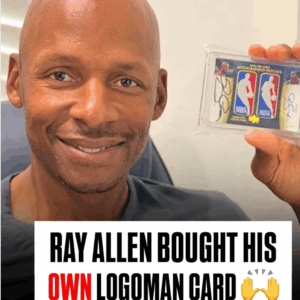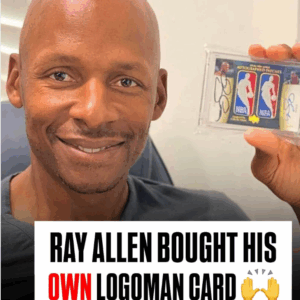In a plot twist that seems ripped straight from a gripping drama rather than the predictable innings of a baseball game, Ippei Mizuhara, once known as the serene voice speaking for MLB sensation Shohei Ohtani, now finds himself in a very different spotlight—a rather unshakable fluorescent one on the harsh sidelines of federal prison bars. Sentenced to nearly five years for a tangled web of fraud and deception, Mizuhara’s fall from grace is as striking as it is cautionary. It serves a vivid reminder to those in the high-stakes world of sports of the lurking potential for betrayal even among trusted circles.
Mizuhara, who stood faithfully by Ohtani’s side as his interpreter and confidante, managed the kind of deception that makes the most cunning of thieves tip their hats in respect. By manipulating banking protocols and masquerading as the very person in whose name he feigned sincerity, Mizuhara looted over $17 million from Ohtani, the three-time American League MVP. Mizuhara’s criminal escapades, now public knowledge, first floated to the surface in a damning report by ESPN in March 2024.
This intricate scam spun out of the same thread that often ensnares individuals in positions of trust: a harmful gambling addiction. Caught in the quicksand of his mounting debts, Mizuhara turned to Ohtani’s robust financial fortitude like a desperate sailor seeking a lifeboat. He siphoned funds under the pretense of delegated authority, channeling them into his personal black hole of debts and self-indulgences. Mizuhara added insult to injury by engaging in an unlikely hobby as an investor in high-end sports memorabilia, hoping to balance his financial missteps through speculative sales.
Federal authorities wasted no time in pursuing Mizuhara, instigating a thorough investigation into his fraudulent activities that led to his conviction over a trifecta of financial misconduct: bank fraud, identity theft, and tax evasion. According to court documents, Mizuhara conducted his financial wizardry by directly tampering with security measures protecting Ohtani’s bank accounts, enabling unauthorized transactions wilfully and with acute precision.
Meanwhile, Ohtani, the victim of this betrayal-of-security saga, cautiously stepped into the legal arena to reclaim tangible pieces of his legacy swindled from him. His judicious petition for the return of the stolen sports cards, some adorned with the likeness of sports legends like Yogi Berra and Juan Soto, was met with an empathetic ruling in his favor. Thus, Ohtani not only restored parts of his collection but also affirmed his steadfast resilience in the face of such an unforeseen betrayal.
The consequences for Mizuhara are as hefty as the sums he embezzled. Beyond the 57 months of incarceration, he bears the task of repaying the staggering amount he stole from Ohtani, a restitution mandate that looms dauntingly over him. Additionally, an unsettled score with the IRS demands $1.1 million in unpaid taxes. With a future clouded by the potential for deportation upon completion of his sentence, Mizuhara now contemplates a reality far removed from the glittering opportunities he once commanded.
This scandal sends ripples of unease across Major League Baseball, underscoring a pressing issue—vulnerability in financial management among its athletes. Ohtani, embodying the quintessential professional athlete who prefers to let his sporting finesse speak louder than the surrounding scandals, has chosen discretion over public discourse. Nonetheless, the shockwave of the affair has spurred heightened vigilance and scrutiny across the league, prompting an industry-wide reflection on safeguarding players’ financial well-being.
While the legal curtains on this high-profile saga might have drawn to a close, its wider reverberations persist. The sports world, particularly within its collectibles market already brimming with tales of speculative highs and lows, now takes note of the lessons distilled from Mizuhara’s unfolding—a tale of deception, trust, and the resilience to rise unfazed from the ashes of betrayal. Through Mizuhara’s sentencing, what once seemed a seamless alliance between athlete and associate transforms into a cautionary tale, forever encapsulated in the annals of Major League Baseball’s storied history.






